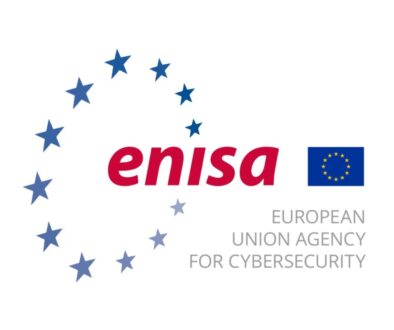FRA publishes report on digitalisation of justice
The EU Agency for Fundamental Rights (FRA) has released its report, “Digitalising Justice: A Fundamental Rights-based Approach,” assessing how digital tools are being deployed across European justice systems. The study covers 31 tools in Austria, Estonia, France, Italy, Latvia, Poland, and Portugal, including video hearings, electronic case management, online platforms for legal aid and crime reporting, and AI-driven anonymisation and transcription.
Interviewees from the judiciary and technical communities highlight clear gains in efficiency and access, while warning that rights risks escalate when safeguards are weak. The report underscores the need to embed protections for fair trial rights, equality before the law, transparency, and data protection from the outset of system design and implementation.
The FRA emphasizes inclusive governance and consultation, calling for systematic engagement with human rights experts, civil society, and affected communities to ensure accessibility, especially for persons with disabilities. It further insists on maintaining non-digital pathways to avoid exclusion and recommends targeted investment to close digital gaps across jurisdictions.
Rights-focused training is identified as a priority, extending beyond operational know-how to include awareness of bias, discrimination, data breaches, and errors, particularly in AI-supported tools. The message is clear: digital justice initiatives should be rights-centered by design, supported by ongoing oversight and practical alternatives for users who cannot or choose not to engage digitally.



